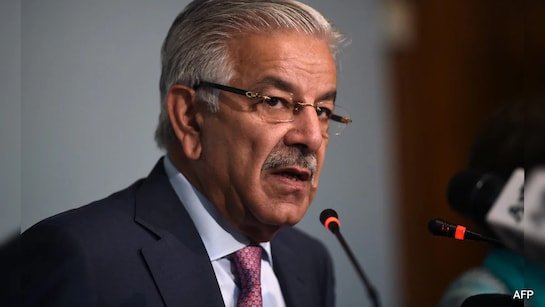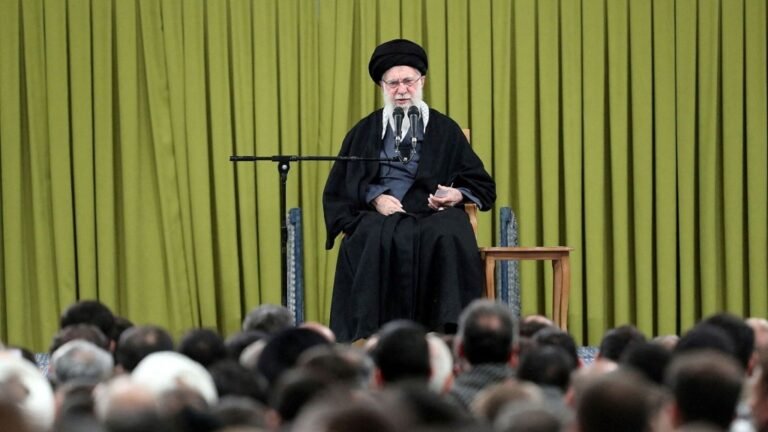The European Union (EU) has reportedly turned down US President Donald Trump’s proposal to impose 100 per cent tariffs on India and China, according to media reports, a move that could support Indian exporters and boost sentiment across sectors with significant European exposure.
Trump had urged the EU to impose steep tariffs on India and China, citing their role as major buyers of Russian oil. The proposal was discussed during an EU delegation visit to Washington aimed at coordinating sanctions against Russia.
The EU’s likely refusal comes at a critical juncture as negotiations with India over a comprehensive Free Trade Agreement (FTA) are in their final stages, with an ambitious year-end 2025 target for conclusion.
According to a Reuters report last evening, quoting EU sources, the European Union is unlikely to heed to Trump’s demand to impose tariffs on India and China. “So far, there is no discussion on possible tariffs, neither on India…nor with China,” an EU diplomat had told Reuters.
Sectors to gain from the likely EU move
According to Vaqarjaved Khan, Senior Fundamental Analyst at Angel One Ltd, the EU’s likely stance is positive for Indian exporters.
“Sectors such as textiles, pharmaceuticals, auto and auto ancillary, and engineering goods are likely to benefit, given their significant sales exposure to Europe. The rejection of tariffs ensures that Indian exporters remain competitive in one of their most important markets,” he said.
Adding to this perspective, Trivesh D, COO of Tradejini, emphasised the larger implications of the decision: “Indian sectors could see meaningful tailwinds. Pharma has consistently been India’s most resilient export — in 2024, exports to the EU stood at US$2.88 billion — with demand for generics and APIs unlikely to be disrupted now. Textiles, especially apparel and home furnishings, would have been highly vulnerable to broad EU tariffs, but their continued access strengthens India’s competitive edge. Furthermore, gems and jewellery also stand to benefit, based on Europe’s consistent luxury demand.”
With tariffs eliminated, these labour-intensive industries not only avoid disruption but may get incremental orders as European buyers look for stable supplies outside of China, Trivesg D added. Overall, he believes the EU’s position ensures continuity in India’s largest export markets.
Stocks that can gain from EU’s action
According to Khan, among listed stocks, Apollo Tyres could see meaningful gains as nearly 26 per cent of its revenue comes from Europe. Stable or lower import tariffs would support export competitiveness and strengthen demand visibility.
Moreover, in capital goods, Isgec Heavy Engineering is well-positioned to benefit given its sizable European order book. An improving trade environment could support incremental order inflows and margin stability, he stated.
Furthermore, in the textile space, Khan added that Arvind Ltd, which supplies fabrics and garments to many of Europe’s largest fast-fashion brands, is likely to benefit from smoother trade flows and potential expansion of export volumes.
Seema Srivastava, Senior Research Analyst at SMC Global Securities, believes in IT, companies such as Tata Consultancy Services (TCS) and Infosys are likely to grow, supported by strong cross-border data flows and stable European contracts.
Srivastava added that pharmaceutical firms like Sun Pharma, Dr. Reddy’s, and Zydus Lifesciences may pivot toward the EU market as US tariffs impact their competitiveness, with India’s pricing advantage playing a key role.
Among consumer goods, FMCG majors like Hindustan Unilever and Dabur could see increased investor interest as international portfolio flows shift from US-exposed sectors, she noted.
Additionally, midcap logistics, infrastructure, and healthcare firms are likely to attract investor interest due to their lower geopolitical exposure. With an FTA expected by year-end, stocks with “India-first” business models and diversified export bases will likely be attractive investment options for long-term prospects, noted the expert.
Outlook Ahead
Analysts believe a positive move by the EU will preserve earnings visibility for Indian exporters and support valuations in sectors such as pharmaceuticals, textiles, auto ancillaries, and engineering goods. It could also stage for a favourable outcome in the ongoing FTA talks, which may further unlock opportunities across sectors.
“Maintaining moderate tariffs in the current environment is a clear positive for Indian manufacturers,” Khan noted. “This not only protects existing trade flows but also sets the stage for future growth once the India-EU free trade agreement is signed.”
Market watchers expect that if the FTA is finalised on schedule, it could amplify benefits for Indian exporters over the next several years, driving both revenue growth and margin expansion.























